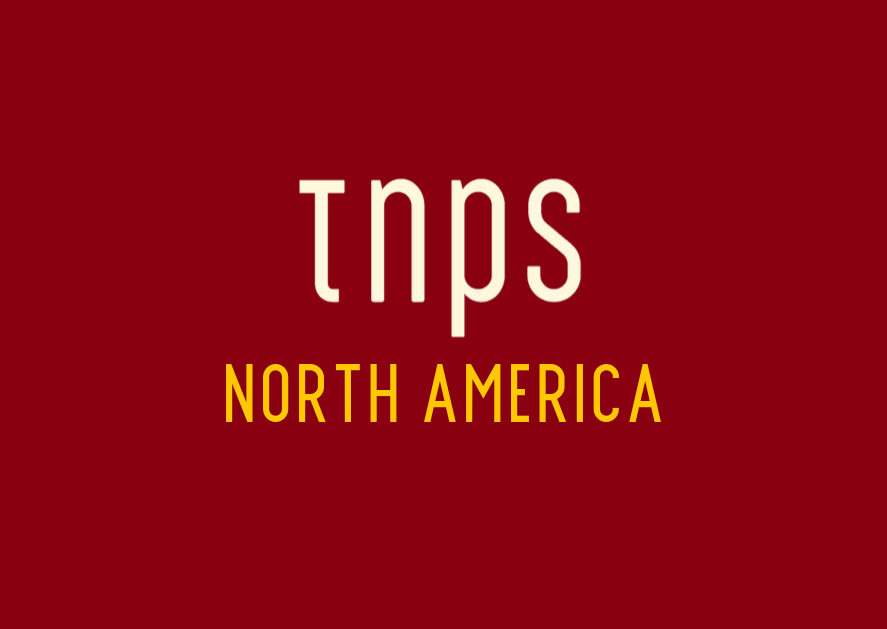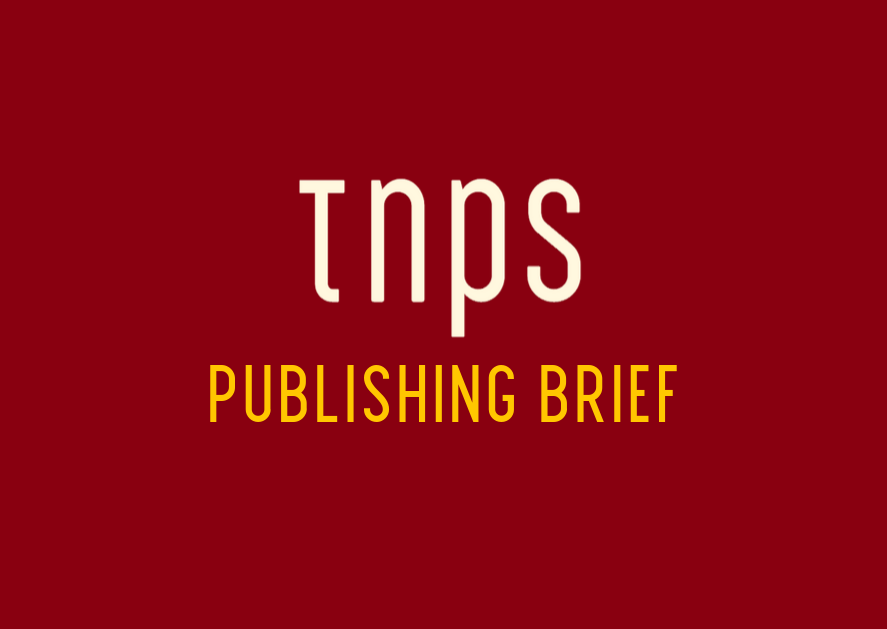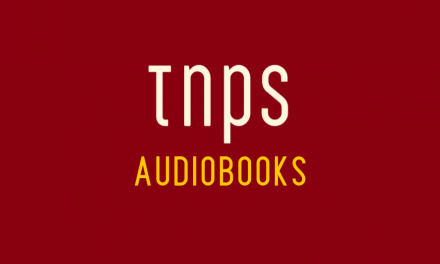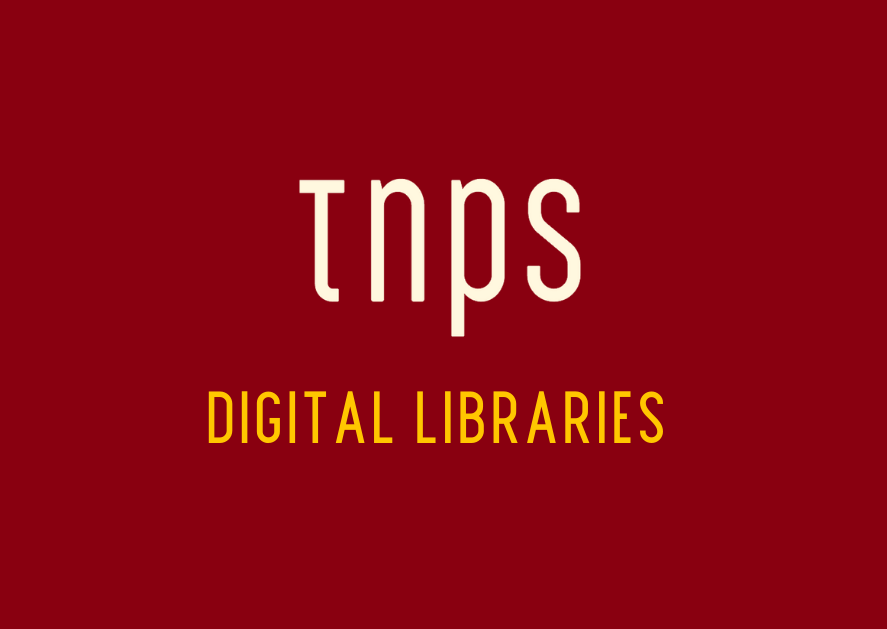As one of the world’s largest education publishing companies, the news that Pearson is to phase out printed textbooks in its core US market is a serious blow to the “screen fatigue” brigade’s efforts to downplay the rise and rise of digital.
In a press release today Pearson has announced it is,
breaking from the traditional education publishing model of lengthy and expensive print revisions, which has defined U.S. college publishing since the 1970’s.

Pearson fields 1,500 active US textbook titles and all future releases will, in Pearson’s words, “digital first,” adding the move is a,
product as a service model and a generational business shift to be much more like apps, professional software or the gaming industry.
College students already access over 10 million digital courses and e-books each year from Pearson, and the company currently derives 62% of its revenue from digital or digitally enabled products and services.
Pearson CEO John Fallon said,
Our digital first model lowers prices for students and, over time, increases our revenues. By providing better value to students, they have less reason to turn to the secondary market. This will create a more predictable, visible revenue stream with a better quality of earnings that enables us to serve the needs of learners and customers more effectively.
Typical pricing will drop from $60 for a printed textbook to $40 for an ebook and $79 for a full suite of digital learning tools.
Making more money by charging less? That’s the beauty of digital. By removing the production and distribution costs associated with printed books the product can be sold cheaper for a better margin. But the benefits go beyond that.
Students able to buy cheap digital versions will be less inclined to buy textbooks second-hand. Digital books will be updated yearly rather than every three years, giving a superior learning experience for digital patrons.
The press release concludes,
This move comes as Pearson releases its popular Revel product on the company’s new Global Learning Platform, an engine that will enable Pearson and its partners to launch personalized learning experiences more quickly and with better outcomes. Revel also is now the first-and only-college courseware compatible with Amazon Alexa. And, in the fall, Pearson will release its Aida app, a breakthrough AI enabled calculus tutor to help students learn with step by step feedback.
Pearson of course is one among many providers in this sector, leaving the big question how many other players in the field will follow suit in the near future.
Fewer textbooks printed means higher costs per printed unit as the economies of scale fade away, making future printed versions less desirable, quite apart from rising paper costs.
Digital first is nothing new, of course, but the size of Pearson makes this a potentially game-changing event.






Trackbacks/Pingbacks